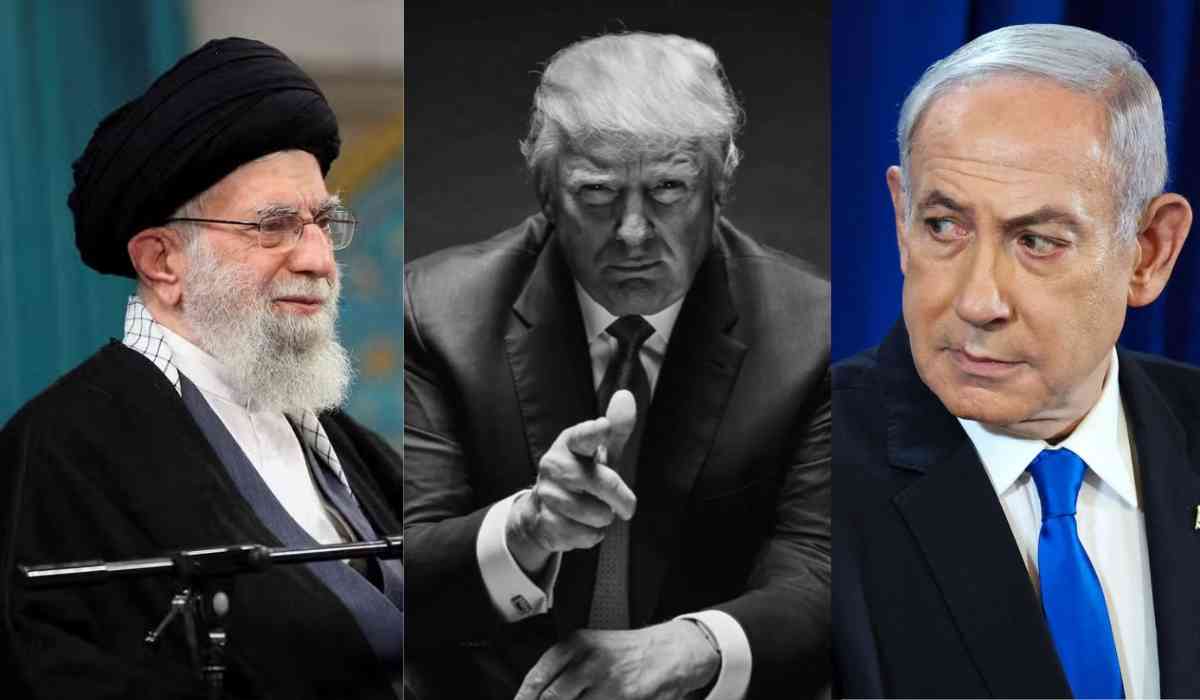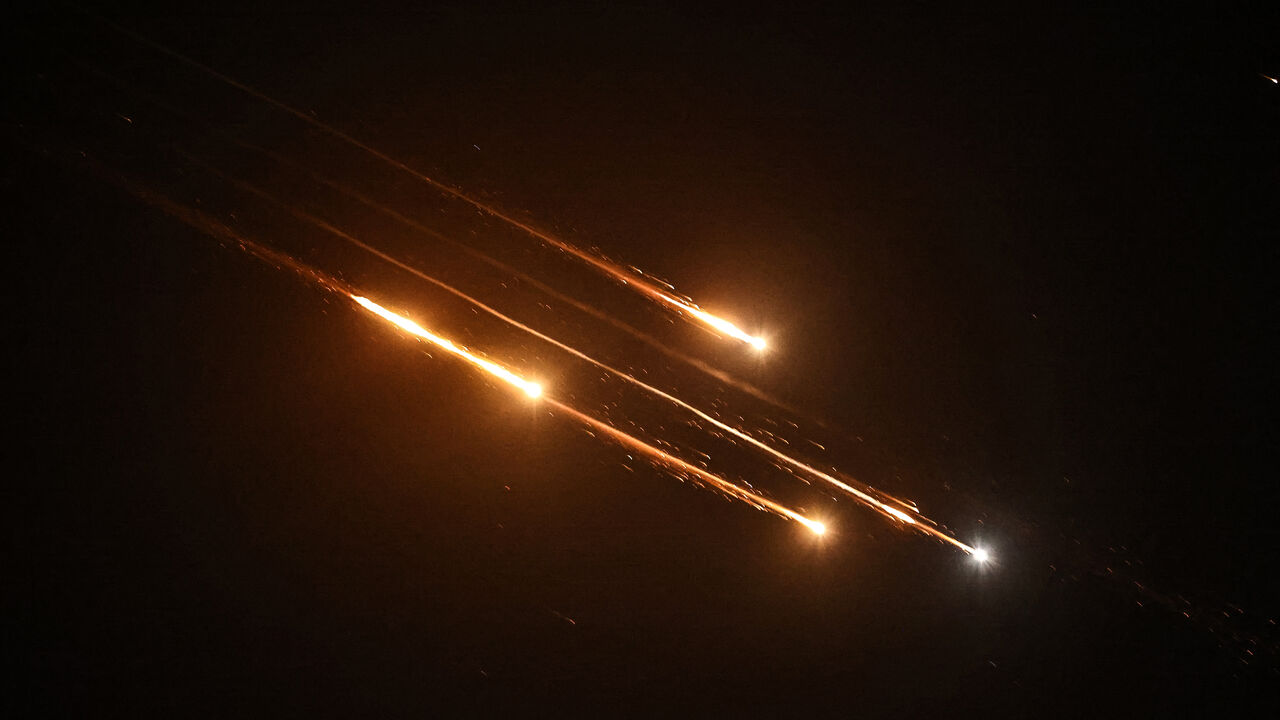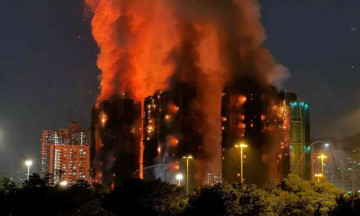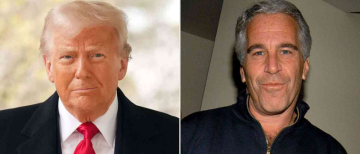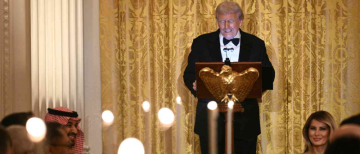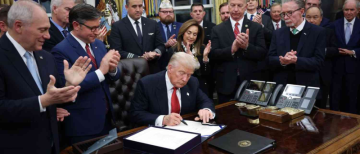The world woke up to surprising news this week: U.S. President Donald Trump announced that Israel and Iran had agreed to a ceasefire, bringing an end to what he called the “12 Day War”. This announcement has sparked hope, confusion, and skepticism across the globe. But did Trump truly broker peace, or is this just political talk? Let’s break down what happened, what’s being said, and what it might mean for the future.

What Happened?
On Monday evening, President Trump took to his social media platform to declare that Israel and Iran would stop fighting. According to Trump, the ceasefire would begin in stages: Iran would start first, followed by Israel 12 hours later, and after 24 hours, the war would be officially over. He congratulated both countries for their “stamina, courage, and intelligence” in ending the conflict, and he called the world the “true winner” of this peace deal.
The announcement came after a series of deadly events. Iran had just fired missiles at Israel, killing several people, and had also targeted a U.S. military base in Qatar, though no casualties were reported there. The United States had also bombed Iranian nuclear sites over the weekend, escalating tensions even further.
How Was the Ceasefire Reached?
According to Trump and several news outlets, the ceasefire was not just a handshake between Israel and Iran. Qatar played a key role in talking with Iranian officials and helping to bring both sides to the table. Trump reportedly reached out to Qatar’s leaders, who then communicated with Iran to finalize the deal. This mediation was crucial, as Qatar has close ties with both the U.S. and Iran, making it a trusted go-between.
White House officials said Trump spoke directly with Israeli Prime Minister Benjamin Netanyahu to get Israel’s agreement, as long as Iran stopped its attacks. After some back-and-forth, both sides agreed to the staged ceasefire plan.

Is the Ceasefire Holding?
While Trump’s announcement was full of optimism, the situation on the ground remains tense. Just hours after the ceasefire was declared, Iran reportedly launched more missiles at Israel, and Israel’s military responded with its own attacks. Some reports suggest that both countries were allowed to “complete ongoing missions” before the ceasefire officially started, which may explain the continued fighting after the announcement.
Iran’s government said the ceasefire was “imposed on the enemy” after it responded to U.S. aggression, and Israeli officials have been cautious about confirming the deal. Both sides have made public statements about defending their countries, but neither has officially celebrated the ceasefire in the same way Trump has.
Why Are People Skeptical?
There are several reasons why many experts and ordinary people are unsure if this ceasefire is real or will last:
-
Continued Violence: Missiles and airstrikes continued after the announcement, raising doubts about whether both sides are truly committed to stopping the fight.
-
Political Messaging: Some critics say Trump’s announcement was more about scoring political points than achieving real peace. He posted dramatic messages on social media, but details about the agreement remain unclear.
-
No Official Confirmation: While Iran and Israel have made cautious statements, neither side has held a joint press conference or signed a formal treaty. Most of the information comes from Trump’s posts and U.S. officials.
-
Past Experience: The Middle East has seen many ceasefires announced, only to fall apart quickly. Trust between Israel and Iran is very low, and both sides have reasons to remain wary.
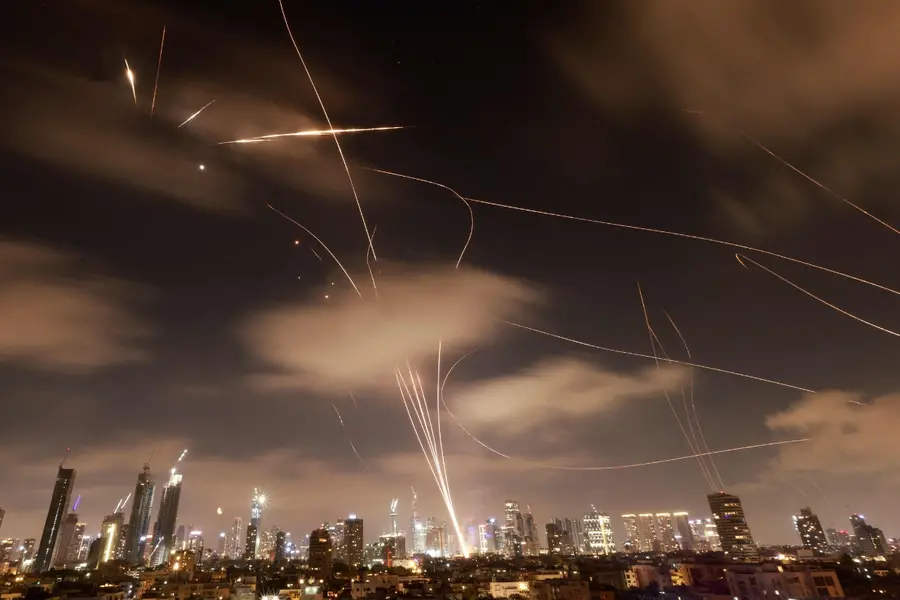
What Does This Mean for the Future?
If the ceasefire holds, it could prevent a much larger and more destructive war in the Middle East. Both Israel and Iran have powerful militaries, and their conflict could easily draw in other countries, including the United States and its allies. Oil prices have already jumped because of the fighting, and any new war could make life more expensive for people around the world.
But there are still big challenges ahead:
-
Distrust Remains: Both countries have a long history of hostility. Even if the guns go quiet for now, it will take much more work to build real peace.
-
Regional Tensions: Other countries in the region, like Qatar, Saudi Arabia, and the United States, all have their own interests and could be pulled into future conflicts.
-
Political Uncertainty: With elections coming up in the U.S. and political changes possible in both Israel and Iran, today’s peace could be tomorrow’s headline.
Final Thoughts
It’s too early to say if Trump’s ceasefire announcement will lead to lasting peace between Israel and Iran. While it’s clear that the U.S., with help from Qatar, played a role in bringing both sides to the table, the situation is still fragile. Violence continued even after the deal was announced, and both countries remain cautious and suspicious of each other.
The world is watching closely. For now, the ceasefire is a step toward peace, but it’s not a guarantee. Only time will tell if this is the end of the “12 Day War” or just another pause in a much longer conflict.
With inputs from agencies
Image Source: Multiple agencies
© Copyright 2025. All Rights Reserved Powered by Vygr Media.

